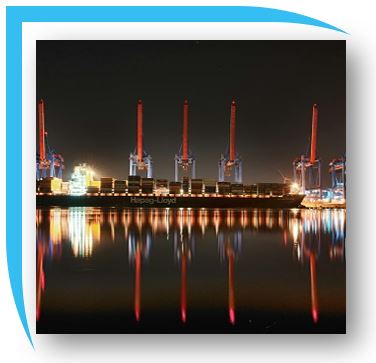The JPI Oceans Joint Call on ‘Consequences of Changing Marine Lightscapes’ heralds a new era of scientific inquiry. The initiative aims to bridge significant knowledge gaps surrounding the causes and ecological ramifications of shifting marine light environments.
Marine organisms, intricately intertwined with their surroundings, have evolved in adaptation to the natural light conditions prevailing in the ocean. These conditions encompass not only the intensity but also the spectral composition and periodicity of light. However, the past century has witnessed profound alterations in marine lightscapes, primarily driven by Coastal Darkening and Artificial Light at Night (ALAN).
The joint call presents a unique opportunity for researchers and stakeholders to converge, catalyzing transformative change in marine research. This opportunity enables entities based in Malta to be eligible for funding, with the option of requesting up to €200,000 to participate in the Project consortium. In addition to illuminating the scientific landscape, projects are expected to undertake dedicated dissemination activities, elucidating the drivers of changing lightscapes, potential mitigation measures, and policy implications.
Aligned with JPI Oceans’ priority areas, the 2030 EU Biodiversity Strategy, and the European Green Deal priorities, the outcomes of these projects are poised to catalyze transformative change.

This article was last updated on: April 8, 2024

